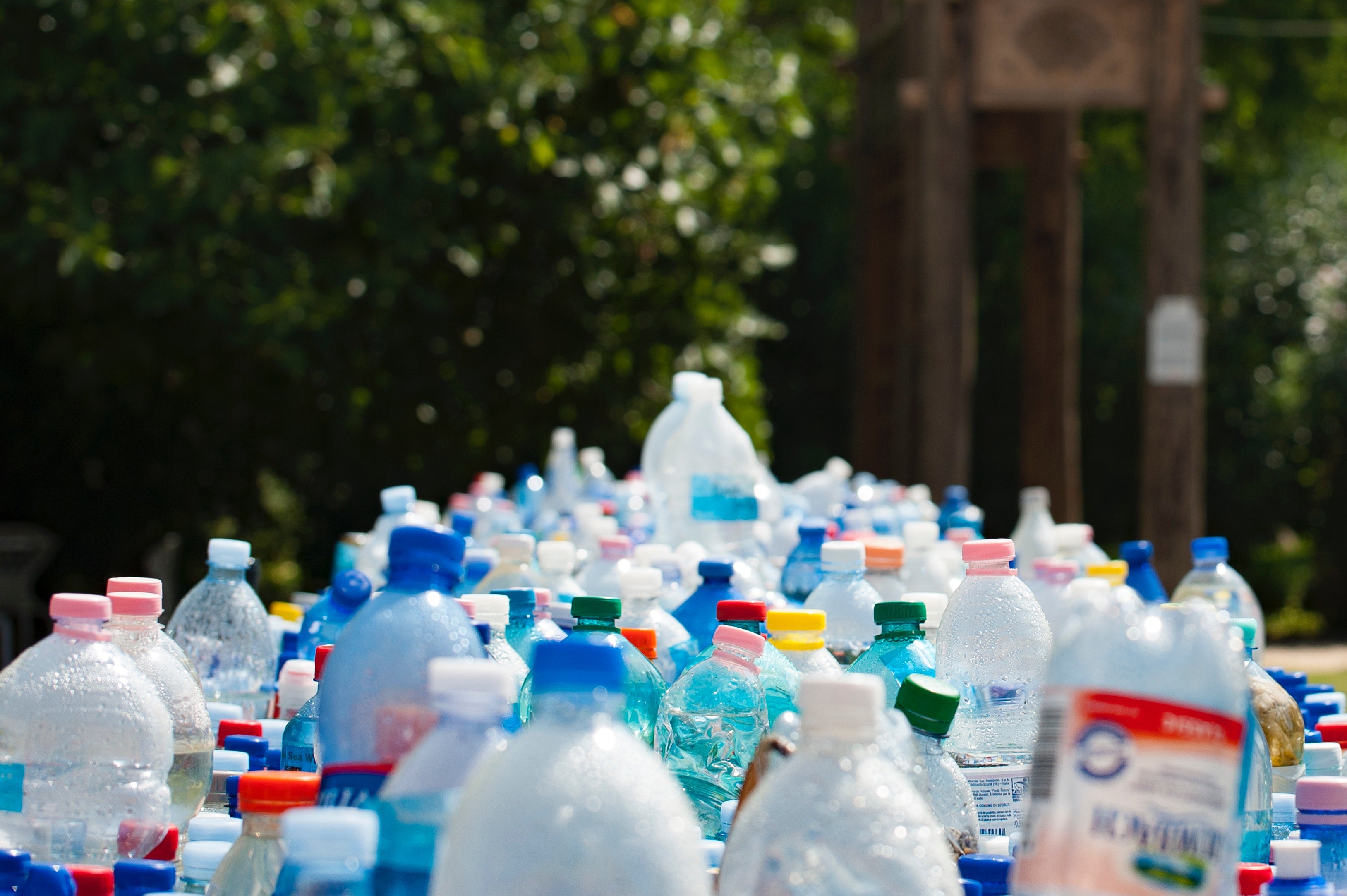The Hidden Truth: Why Bottled Water Might be Bad for You

In an increasingly health-conscious world, bottled water has become a symbol of purity and convenience. It's marketed as a safer and more refreshing alternative to tap water, often accompanied by images of pristine mountains and crystal-clear springs. However, the truth is more complex than the label on the bottle suggests. While bottled water certainly has its merits, there are compelling reasons to reconsider its widespread consumption. In this article, we'll delve into the various aspects that highlight why bottled water might be bad for you and the environment.
1. Environmental Impact:
One of the most significant drawbacks of bottled water is its environmental impact. The production, transportation, and disposal of plastic water bottles contribute to plastic pollution, which poses a severe threat to ecosystems and wildlife. It's estimated that only a fraction of plastic bottles are recycled, leading to vast amounts of plastic waste ending up in landfills or oceans.
2. Potential Chemical Exposure:
While many plastic water bottles are marketed as "BPA-free," it's important to note that even these alternatives can pose potential risks. The materials used to make these bottles may still contain other chemicals that can leach into the water, especially when exposed to varying temperatures. These chemicals, including phthalates and other synthetic compounds, have raised concerns due to their potential health effects, which can range from endocrine disruption to long-term health issues. Choosing containers made from safer materials like stainless steel or glass can help mitigate these potential chemical exposures while ensuring the purity of your drinking water.
3. Lack of Regulation:
Contrary to popular belief, bottled water is not always subject to stricter regulations than tap water. In fact, some studies have shown that tap water is just as safe, if not safer, than bottled water in terms of quality and regulation. Additionally, the sources of bottled water can vary widely, and some brands simply package tap water without any additional treatment.
4. Health Concerns:
The convenience of bottled water might come at the expense of health benefits. Drinking from disposable plastic bottles could expose you to microplastics, tiny particles that have been found in bottled water samples. While the health effects of ingesting microplastics are still being studied, it's a concerning prospect.
5. Carbon Footprint:
The production and transportation of bottled water involve significant energy consumption, contributing to carbon emissions and climate change. Choosing bottled water over tap water increases your personal carbon footprint, which can be mitigated by using reusable containers and supporting local water sources.
6. Alternatives and Solutions:
To address the negative aspects of bottled water, there are several alternative strategies you can adopt. First, invest in a reusable water bottle made from materials like stainless steel or glass. These alternatives are not only safer for your health but also better for the environment. Second, consider using a water filtration system at home to ensure the quality of your tap water. This solution can provide you with cost-effective and reliable access to clean drinking water.
In conclusion, while bottled water might seem like an easy choice, it comes with a host of hidden drawbacks that are detrimental to both your health and the environment. By understanding the implications of bottled water consumption, you can make informed decisions that promote your well-being and the sustainability of our planet. Embracing reusable water containers and getting a water filter or can go a long way in ensuring access to safe and clean drinking water for all.
#WaterDrop #ROFiltration #UVSterilizer #CleanWater #DubaiWater #MyDubai #WaterDropAE #WaterPurifier #WaterFilter #Sustainability